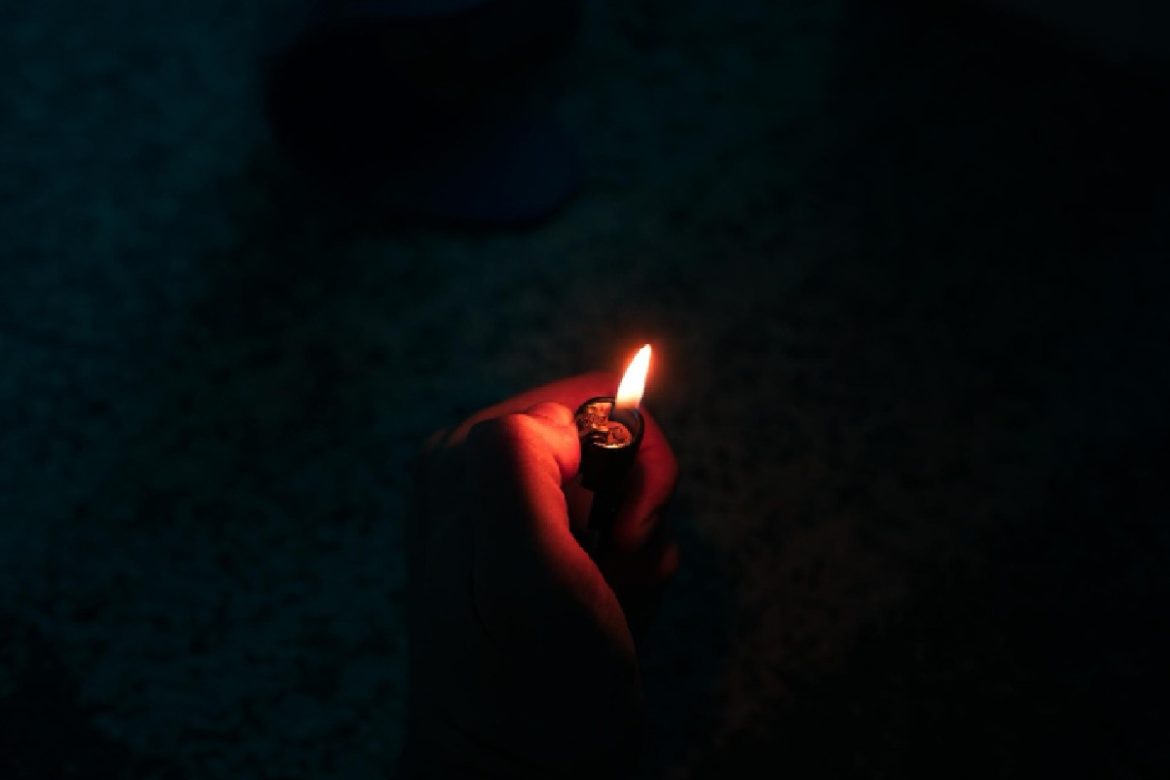Depression and Addiction: Breaking the Cycle – With so many stressors and pressures in life, it is not uncommon to experience bouts of depression or turn to alcohol or drugs as a coping mechanism. However, these temporary solutions can create a vicious cycle of addiction and depression. While each disorder can hurt your mental and physical health on its own, a combination of the two can have a devastating impact. Let us examine how depression and addiction influence each other and the steps that individuals can take to break the cycle.
What is the relationship between depression and addiction?
Depression and addiction are two common mental health disorders seen in individuals. They both affect a person's brain and behavior and often co-occur due to the complex relationship between the two. In other words, depression can increase the risk of addiction, and addiction can worsen depression.
Depression is a mood disorder that can cause feelings of sadness, hopelessness, and loss of interest in activities. People with depression may turn to substances like drugs or alcohol to self-medicate or deal with their symptoms. Unfortunately, this can lead to addiction, as the repeated use of substances can cause changes in the brain that make it difficult to stop using.
At the same time, addiction can also lead to depression. The use of drugs or alcohol can cause changes in the brain that affect mood and emotional regulation, and the withdrawal from these substances can also cause depressive symptoms. Additionally, addiction can lead to social and financial problems, which can contribute to depression.
Once a person is both depressed and addicted, it can be challenging to treat one disorder without addressing the other. Treating the addiction without addressing the underlying depression may not be effective, as the person may continue to use substances to cope with their symptoms. Similarly, treating depression by itself may not work, as the person will still be
suffering from the cravings that come with addiction.
Therefore, it is essential to address both depression and addiction simultaneously to achieve the best possible outcomes. Seeking help from professionals who can provide personalized treatment plans is crucial. This often involves finding a rehab that treats depression and addiction with a combination of medication, therapy, and social support.
How do you treat depression and addiction?
When treating co-occurring depression and addiction, the treatment approach must be integrated. A good rehabilitation facility will implement a multi-dimensional approach that addresses the mind, body, and spirit. Below are some of the therapies that may be used.
Medication:
Medications may be prescribed to help manage symptoms of both depression and addiction. Antidepressants, mood stabilizers, and anti-anxiety medications can be helpful for depression, while medications like buprenorphine and methadone can be used to manage withdrawal symptoms and cravings in addiction.
Behavioral therapy:
Behavioral therapy is a crucial component of treating co-occurring depression and addiction. Cognitive-behavioral therapy (CBT) can help individuals identify and change negative thought patterns that contribute to depression and addiction. It can also help individuals learn coping strategies to manage stress, triggers, and cravings.
Eye movement desensitization and reprocessing (EMDR):
EMDR is a psychotherapy approach used to treat trauma and post-traumatic stress disorder (PTSD) that could be the root cause of depression and addiction. It involves guided eye movements while recalling traumatic memories, which can help process and integrate them into a healthier perspective.
Individual therapy:
Individual therapy can help patients develop a deeper understanding of their addiction and depression. Through individual therapy, patients can identify the underlying issues that may be contributing to both conditions and develop coping strategies to manage symptoms instead of turning to substance use.
Group therapy:
In group therapy, individuals with co-occurring depression and addiction come together to share their experiences and provide support for each other. It can help individuals feel less alone in their struggles and provide a safe space to share experiences, receive feedback, and learn from others who have similar challenges.
Support groups:
Peer support groups like Alcoholics Anonymous (AA), Narcotics Anonymous (NA), and the Depression and Bipolar Support Alliance (DBSA) can also complement professional therapy by providing ongoing support and connections with others who understand the struggle with addiction and depression.
Lifestyle changes:
Making lifestyle changes like exercise, healthy eating, and practicing mindfulness can be very helpful for managing co-occurring depression and addiction. By focusing on self-care and engaging in activities that promote physical and mental health, individuals can improve their overall well-being and reduce the risk of relapse.
Depression and addiction are complex mental health conditions that can have a profound impact on an individual’s life. If you or somebody you love is struggling with co-occurring depression and addiction, it is essential to seek professional help as soon as possible. The co-occurrence of these conditions can make the treatment process challenging—but it is not
impossible.
The key to effective treatment is to understand the underlying causes of both disorders and to develop a personalized treatment plan that addresses both. A professional rehabilitation center can offer a range of treatment programs tailored to meet the specific needs of each patient and provide essential ongoing support throughout the recovery process. With proper treatment and support, you or your loved one can overcome depression and addiction and go back to having a fulfilling and healthy life.


